What is Chemical Hot Start Taq DNA Polymerase?
Chemical Hot Start Taq DNA Polymerase (AviCHot™) is a specially formulated enzyme used in Polymerase Chain Reaction (PCR) to improve the specificity and yield of DNA amplification. This type of polymerase incorporates chemical modifications that inactivate the enzyme at lower temperatures, thus preventing non-specific amplification and primer-dimer formation during the reaction setup and the initial stages of thermal cycling. This method of inhibition remains in place until the enzyme is activated by a high-temperature incubation step typically performed during the initial denaturation phase of PCR.
Our product, AviCHot™, uses these chemical modifications to offer a robust solution tailored for precision and efficiency in PCR reactions. This technology ensures that the enzyme remains inactive at room temperature, only becoming active when you need it—during the high-temperature activation step. This guarantees that the enzyme's activity is tightly controlled, minimizing errors and increasing the reliability of the PCR results.
How AviCHot™ Works
- Inhibition Mechanism: AviCHot™ utilizes covalently bound chemical groups that inhibit the Taq DNA polymerase's activity at lower temperatures. These chemical modifications effectively block the active site of the enzyme, ensuring that there is no premature DNA synthesis during the PCR setup phase.
- Activation: During the initial PCR denaturation step (typically around 94-95°C), these chemical groups are removed or altered due to the high temperature, resulting in the activation of the polymerase. The enzyme can then effectively amplify the target DNA without the risk of non-specific amplifications.
Differences Between
AviCHot™ (Chemical Hot Start Taq DNA Polymerase) and AviAHot™ (Aptamer Hot Start Taq DNA Polymerase):
Both Chemical Hot Start and Aptamer Hot Start Taq DNA polymerases are designed to enhance PCR specificity and efficiency by preventing premature enzyme activity. However, they employ different mechanisms for inhibition and activation, and each has unique attributes and considerations.
Mechanism of Inhibition
AviCHot™:
- Chemical Inhibition: AviCHot™ employs covalent chemical modifications to inhibit the enzyme's activity at lower temperatures. These chemical groups effectively block the active site of the Taq polymerase, ensuring that it remains inactive during the setup phase.
- Activation: The high-temperature incubation step during the initial denaturation phase (typically around 94-95°C) removes or alters these chemical groups, restoring the enzyme's activity. This precise activation mechanism ensures that the enzyme functions only when required, thereby minimizing non-specific amplification and primer-dimer formation.
AviAHot™:
- Aptamer Inhibition: AviAHot™ uses a nucleic acid aptamer to inhibit the Taq polymerase. The aptamer binds to the enzyme at room temperature, preventing any catalytic activity during setup and initial thermal cycling stages.
- Activation: Upon increasing the temperature to around 95°C during the PCR denaturation step, the aptamer denatures and dissociates from the enzyme, activating the polymerase. This reversible inhibition mechanism ensures that the enzyme is only active at the appropriate stages of the PCR process.
Purity and Contamination Risk
AviCHot™:
- Chemically Modified: Chemical groups are used to inhibit the enzyme, which might introduce certain contaminants. However, these are typically minimized through rigorous enzyme purification processes.
- Potential Risks: The chemical modification process may carry a minor risk of introducing impurities, but stringent quality control measures effectively reduce this risk.
AviAHot™:
- Higher Purity: AviAHot™ has fewer potential contaminants due to the use of small nucleic acid aptamers for inhibition. The risk of impurities is lower as the inhibition process doesn't involve complex chemical modifications.
- Minimal Contamination: The aptamer inhibition method ensures a cleaner and more reliable PCR setup, significantly reducing contamination risks.
Practicality and Ease of Use
AviCHot™:
- Stability: AviCHot™ remains stable and inactive at room temperature or lower, making it easy to handle and store in various laboratory environments.
- Activation Requirement: The necessity for a high activation temperature step (usually around 94-95°C) ensures consistent enzyme activation but must be strictly followed for optimal performance.
AviAHot™:
- Convenience: AviAHot™ offers flexibility in timing without the risk of premature enzyme activity, making it convenient and user-friendly in PCR setups.
- Immediate Inhibition: The aptamer provides immediate and reversible inhibition, simplifying the PCR process and handling.
Choosing the Right Product
AviAHot™
Best For:
- Applications requiring very high purity and minimal contamination risk.
- Laboratories seeking a user-friendly and efficient PCR enzyme with reversible inhibition.
- Sensitive and high-stakes applications such as clinical diagnostics and high-fidelity research.
AviCHot™
Best For:
- Applications that benefit from robust chemical inhibition mechanisms.
- Laboratories equipped to handle and adhere to stringent activation temperature protocols.
- General PCR applications where enzyme stability and reliability are critical.
Conclusion
Both AviCHot™ and AviAHot™ are advanced PCR solutions designed to enhance specificity and efficiency by preventing premature enzyme activity. However, they achieve these goals through different inhibition and activation mechanisms, catering to various laboratory preferences and application needs.
AviCHot™ stands out for its robust chemical inhibition technology, ensuring enzyme inactivity during the setup phase and precise activation during the denaturation step. This makes it an ideal choice for general PCR applications, where stability and reliability are paramount.
On the other hand, AviAHot™ provides a high-purity, user-friendly solution with immediate and reversible inhibition, making it suitable for high-stakes and sensitive PCR applications.
When choosing between AviCHot™ and AviAHot™, consider the specific requirements of your PCR applications, the level of purity needed, and the practical aspects of enzyme handling and activation. Both products offer superior performance, ensuring accurate and efficient DNA amplification for a wide range of molecular biology research and diagnostic purposes.
Switch to AviCHot™ for a reliable and precise PCR experience, minimizing non-specific amplifications and achieving high-quality DNA results with confidence. If you have further questions or need more detailed information about our products, don't hesitate to reach out to us!

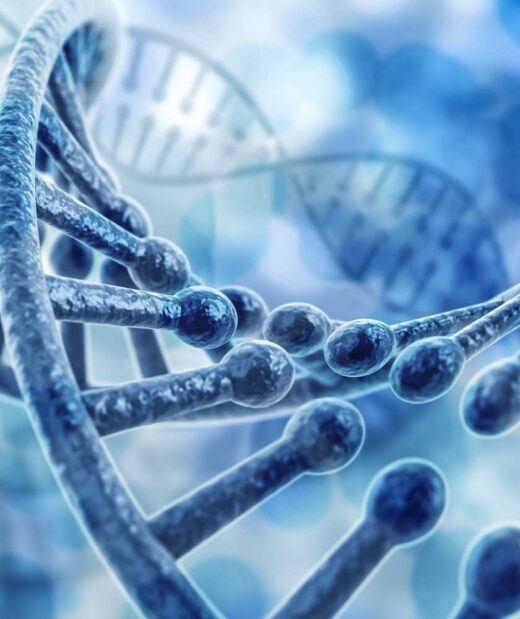
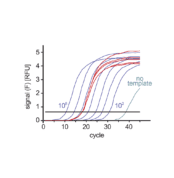
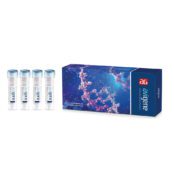
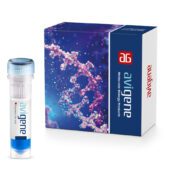
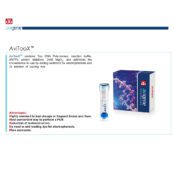
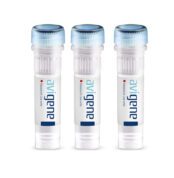
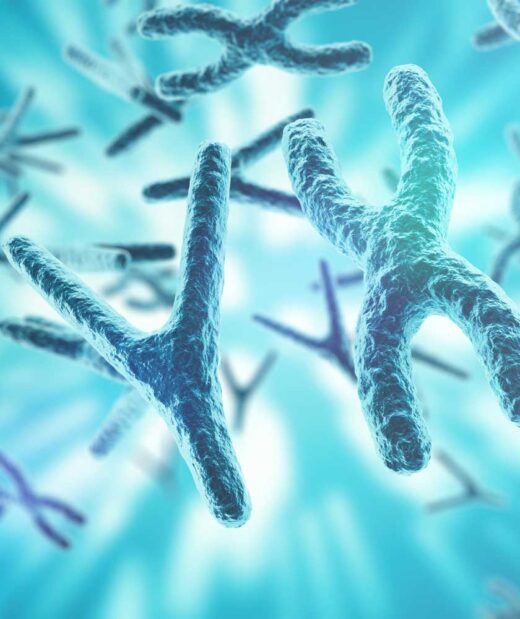
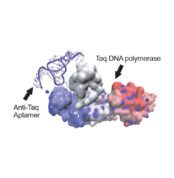
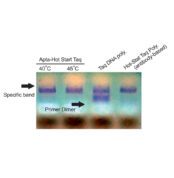
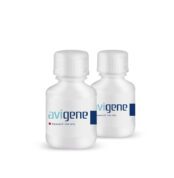
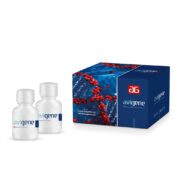
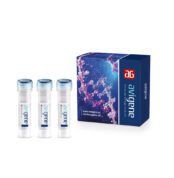
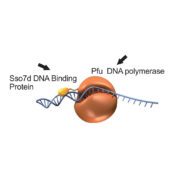
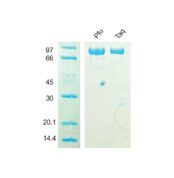
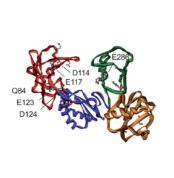
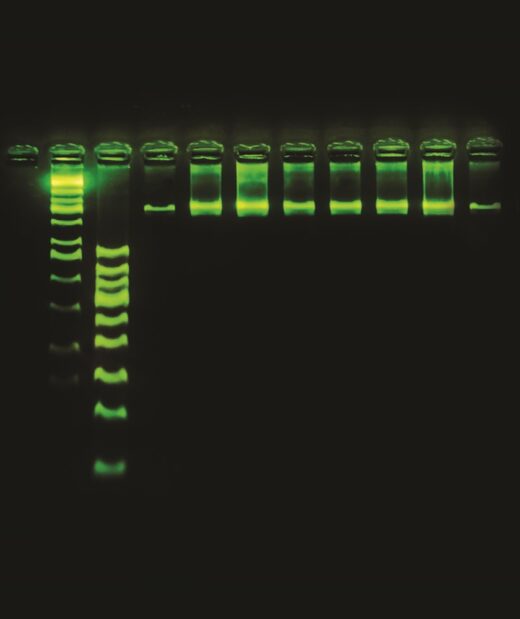
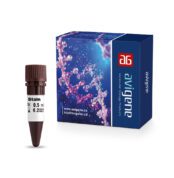
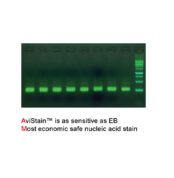
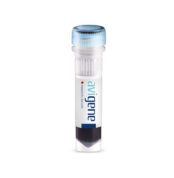
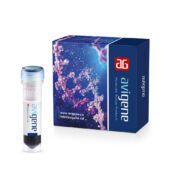
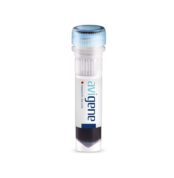
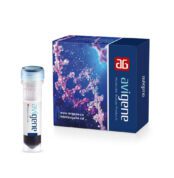
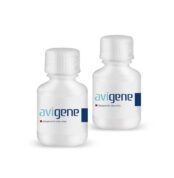
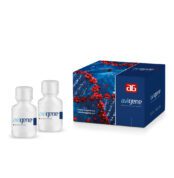
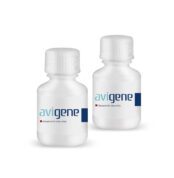
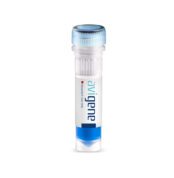
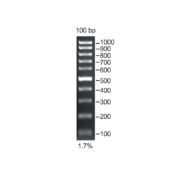
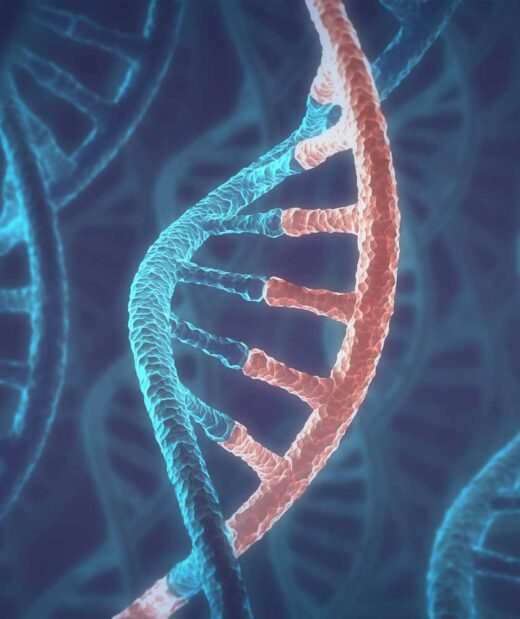
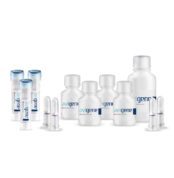
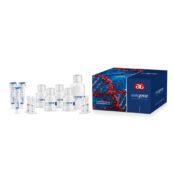
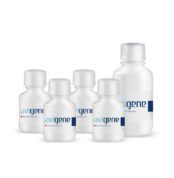
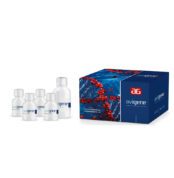
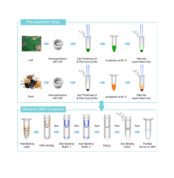
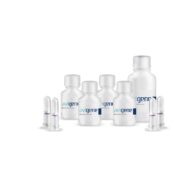
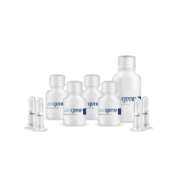
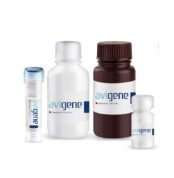
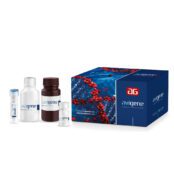
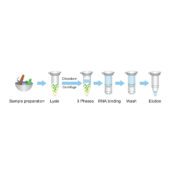
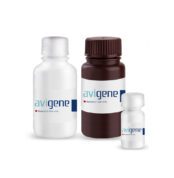
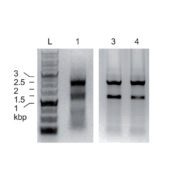
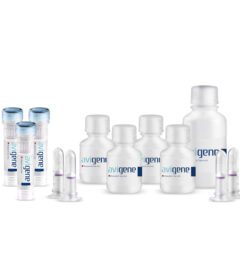
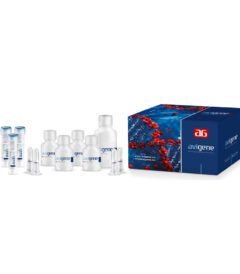
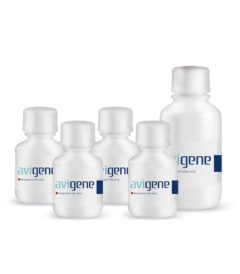
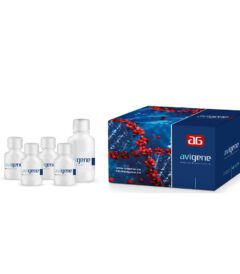
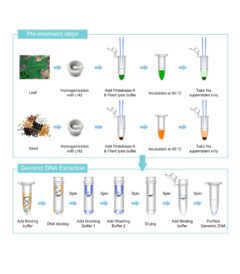
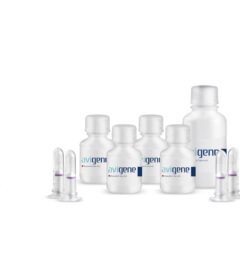
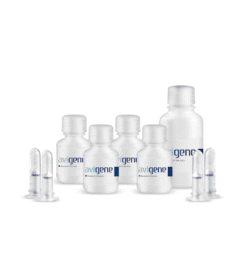
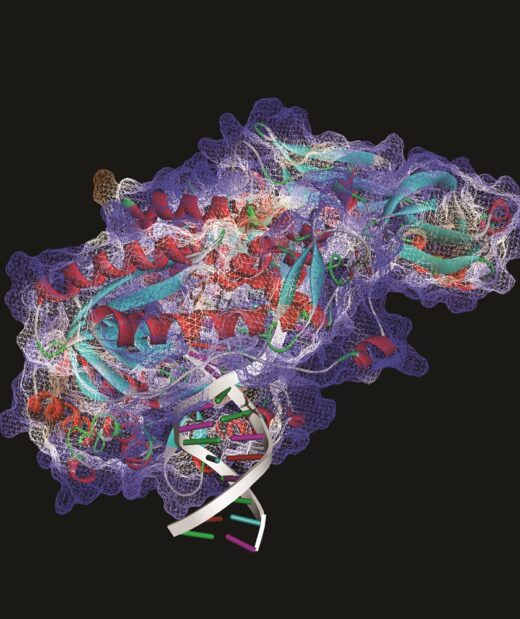
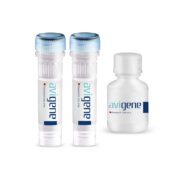
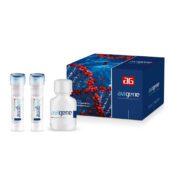
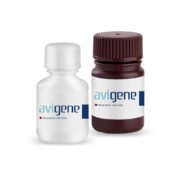
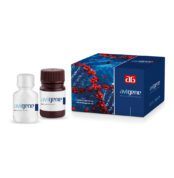
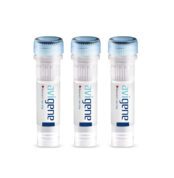
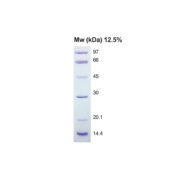
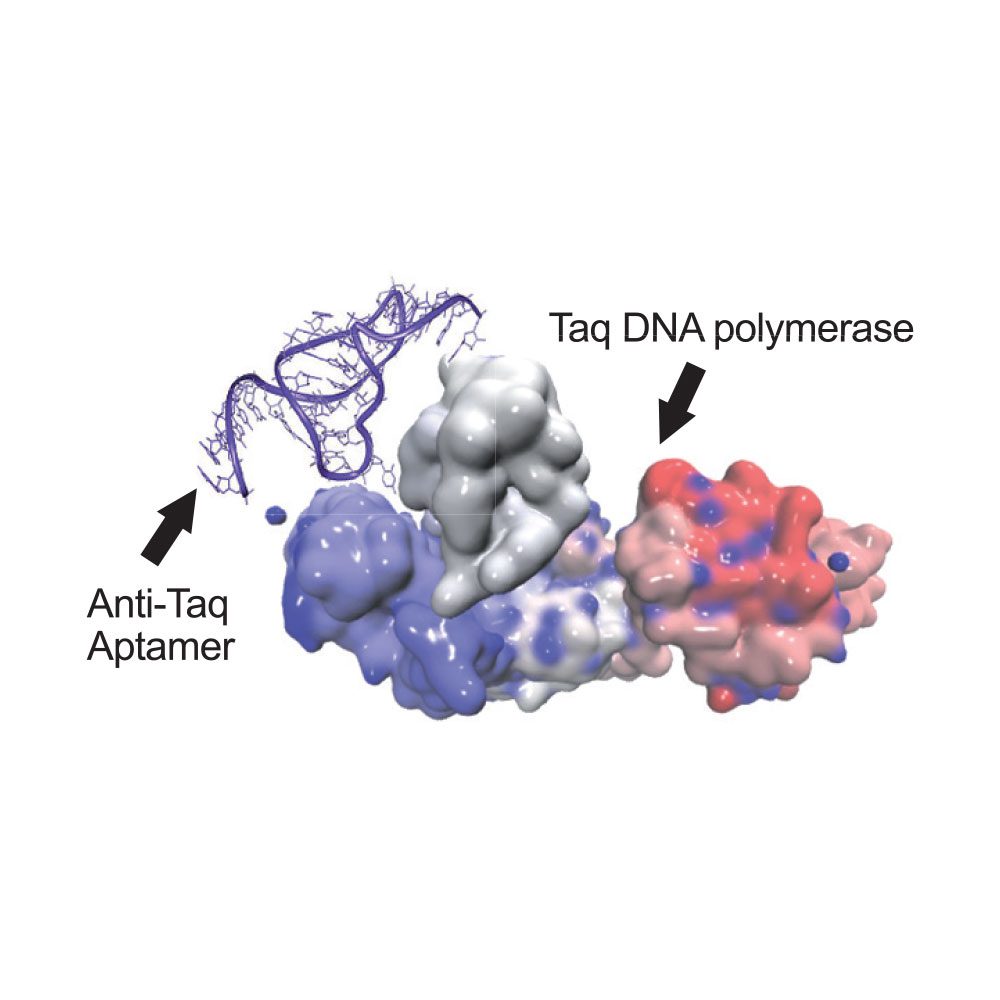
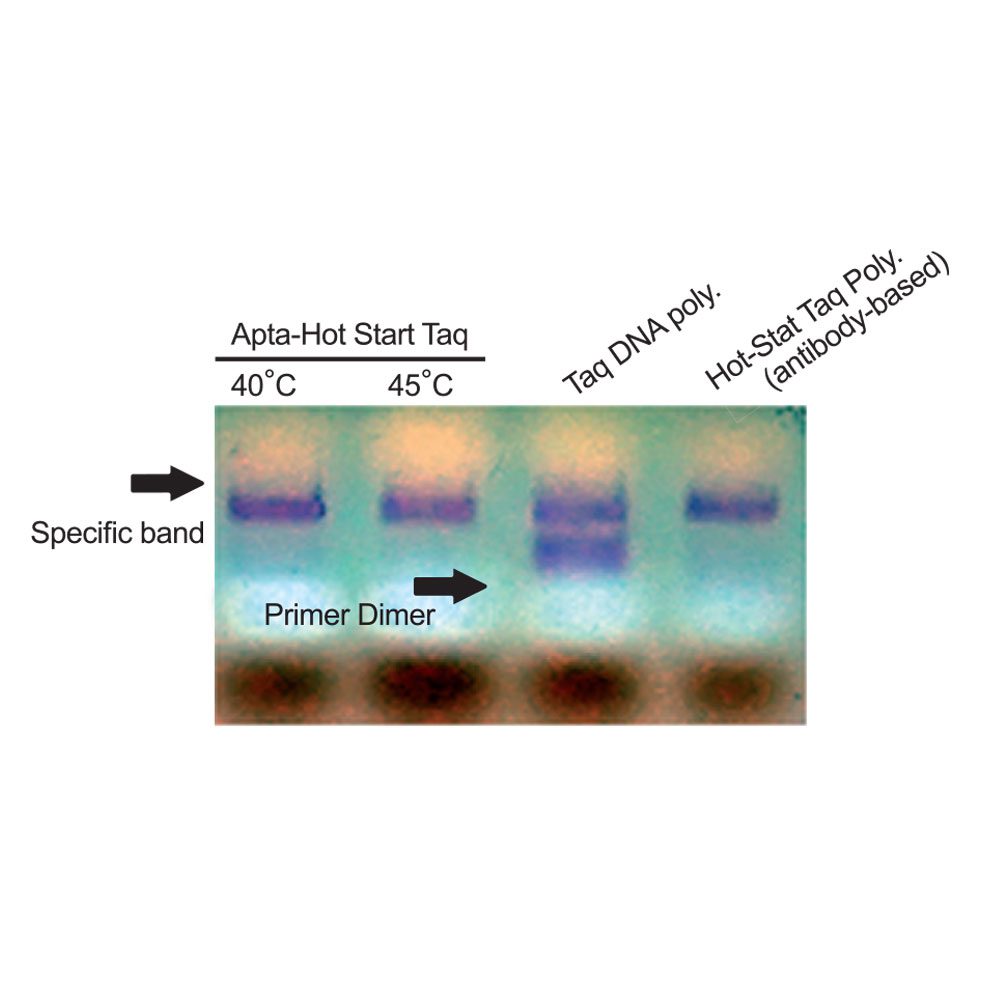


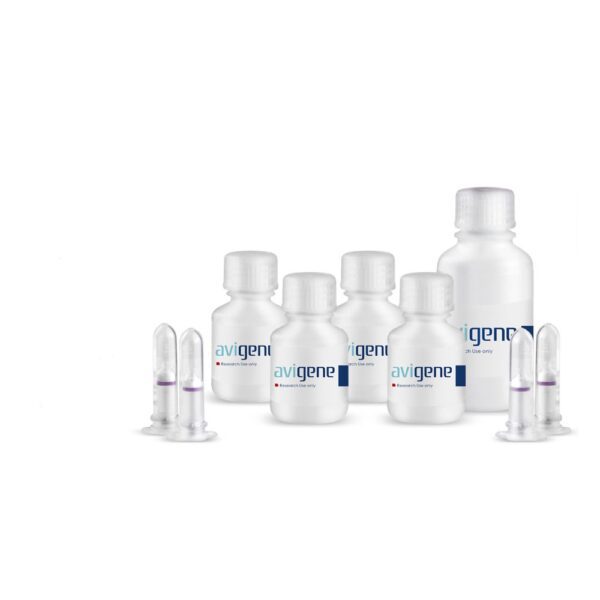



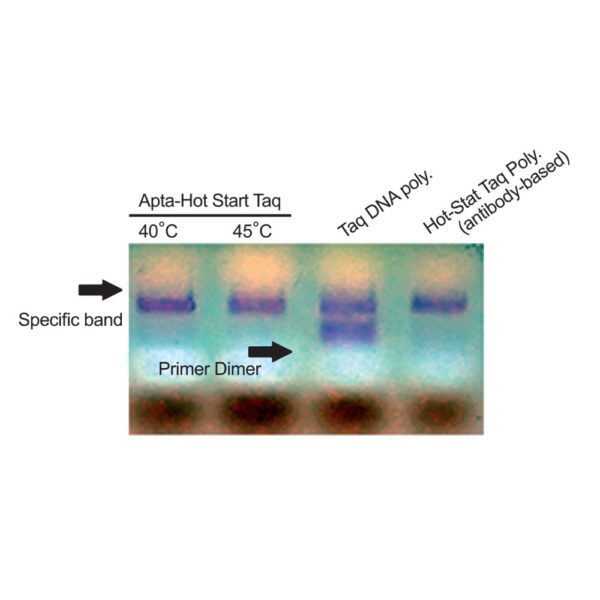
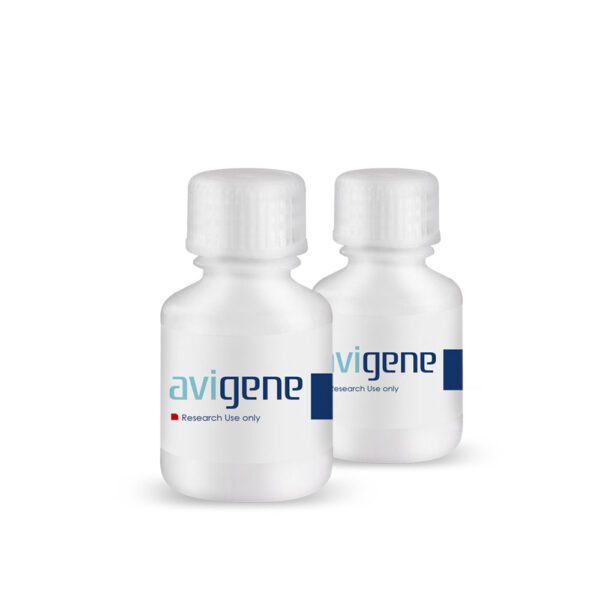
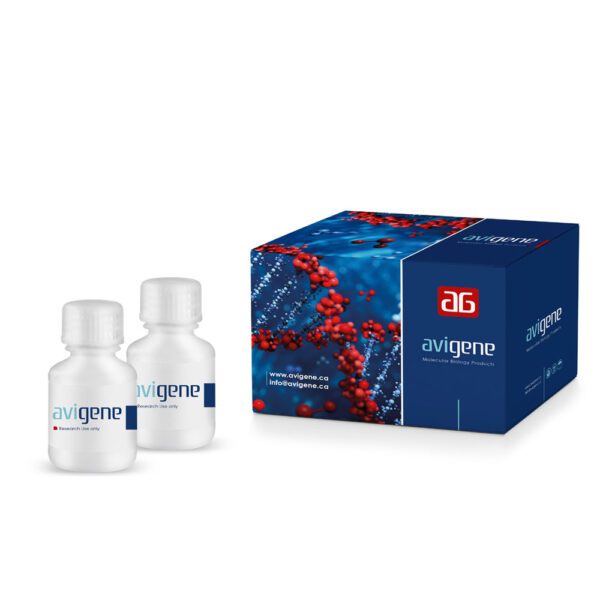
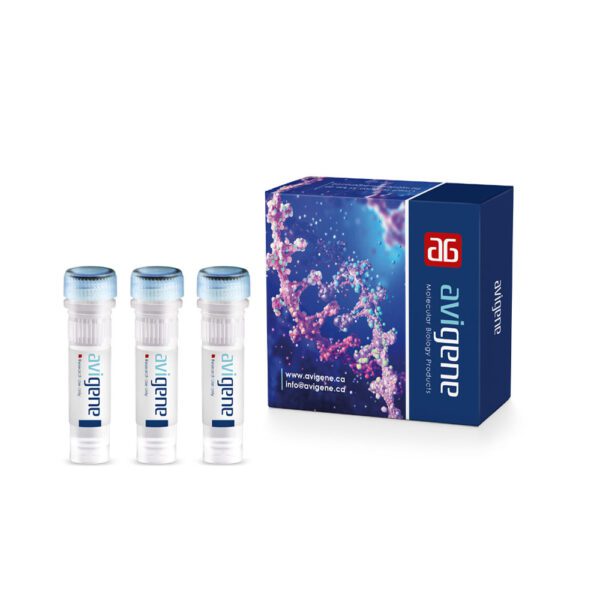

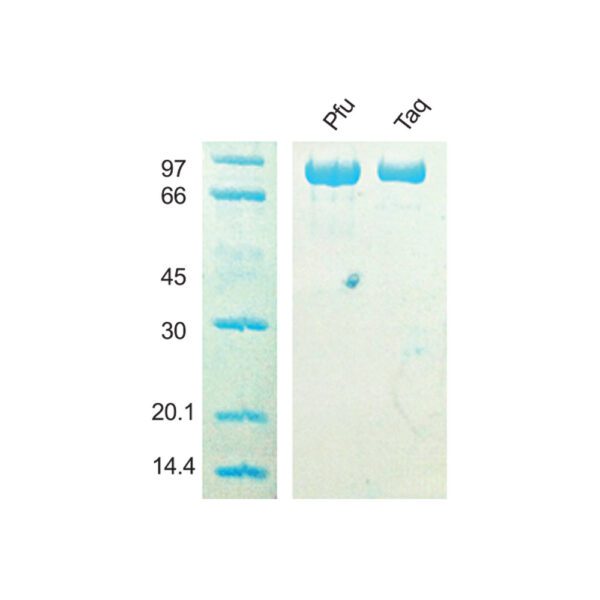
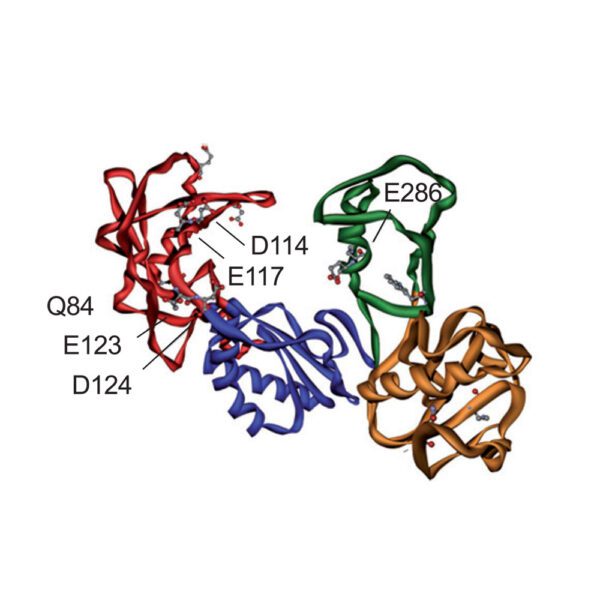
Reviews
There are no reviews yet.